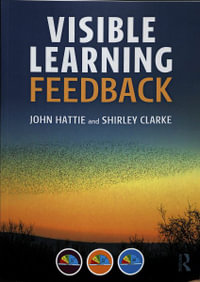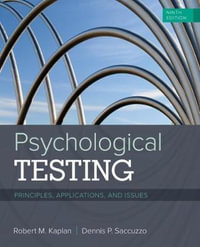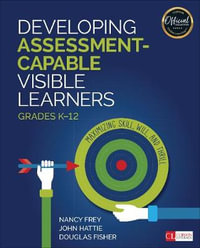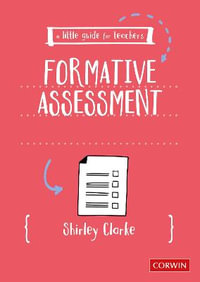
At a Glance
Paperback
$83.75
or
Aims to ship in 15 to 25 business days
ISBN: 9780814100875
ISBN-10: 0814100872
Series: Studies in Writing and Rhetoric
Published: 30th December 2013
Format: Paperback
Language: English
Number of Pages: 171
Audience: Professional and Scholarly
Publisher: National Council of Teachers of English
Country of Publication: US
Dimensions (cm): 21.6 x 19.1 x 1.52
Weight (kg): 0.26
Shipping
| Standard Shipping | Express Shipping | |
|---|---|---|
| Metro postcodes: | $9.99 | $14.95 |
| Regional postcodes: | $9.99 | $14.95 |
| Rural postcodes: | $9.99 | $14.95 |
How to return your order
At Booktopia, we offer hassle-free returns in accordance with our returns policy. If you wish to return an item, please get in touch with Booktopia Customer Care.
Additional postage charges may be applicable.
Defective items
If there is a problem with any of the items received for your order then the Booktopia Customer Care team is ready to assist you.
For more info please visit our Help Centre.
You Can Find This Book In
This product is categorised by
- Non-FictionEducationOrganisation & Management of EducationExaminations & Assessment
- Non-FictionEducationHigher & Further EducationTeacher Training
- Non-FictionEducationTeaching of a Specific Subject
- Non-FictionEducationEducational Strategies & PolicyLiteracy Strategies
- Non-FictionLanguage & LinguisticsLinguisticsLiteracy
- Non-FictionLanguage & LinguisticsReference, Dictionaries & GuidesWriting & Editing Guides























